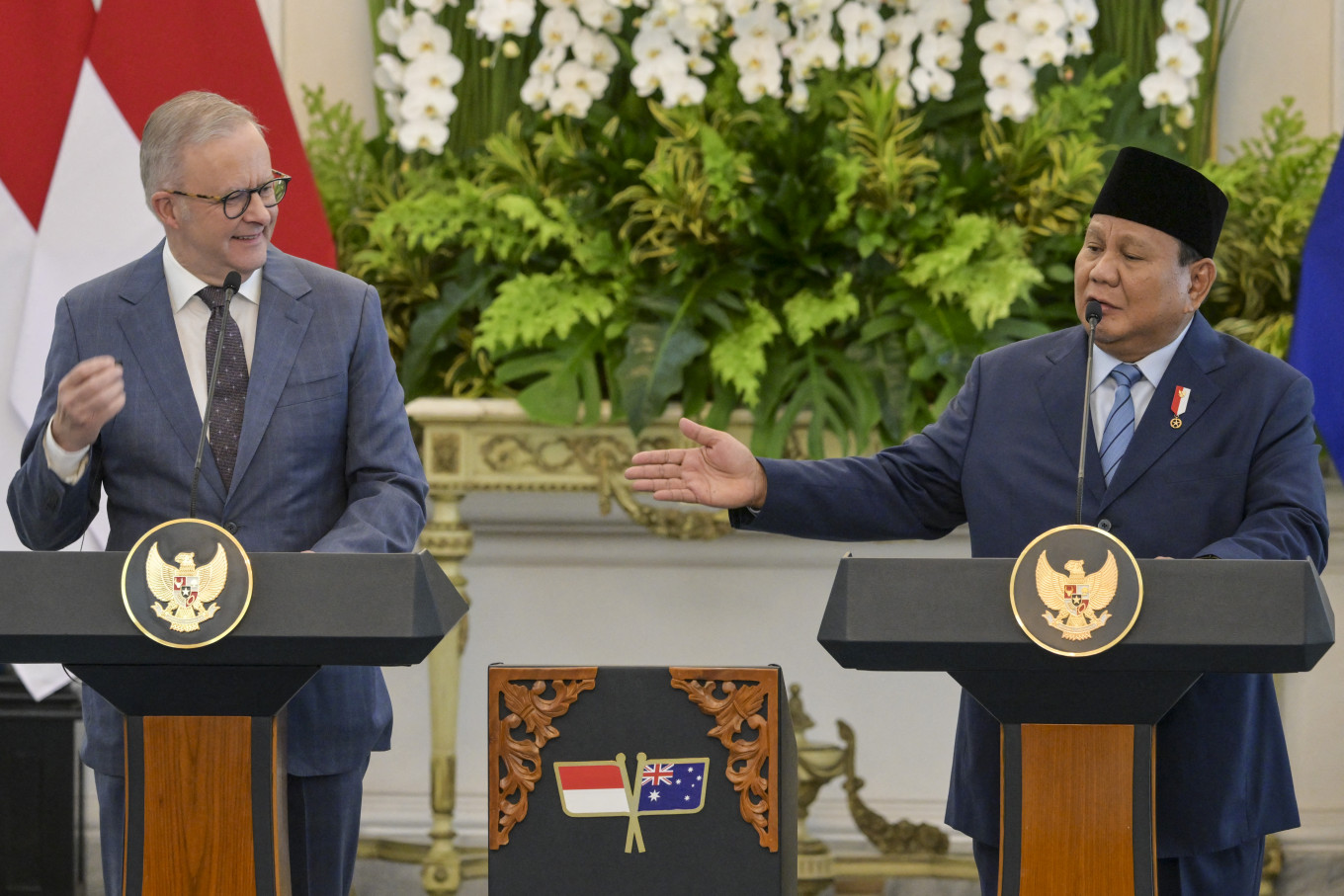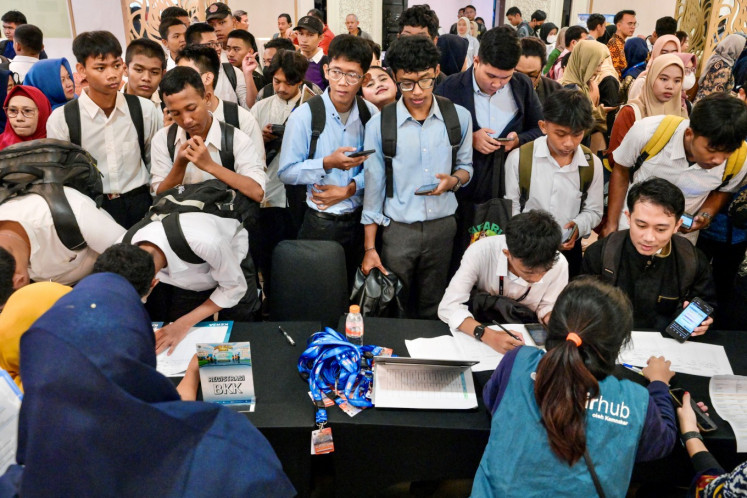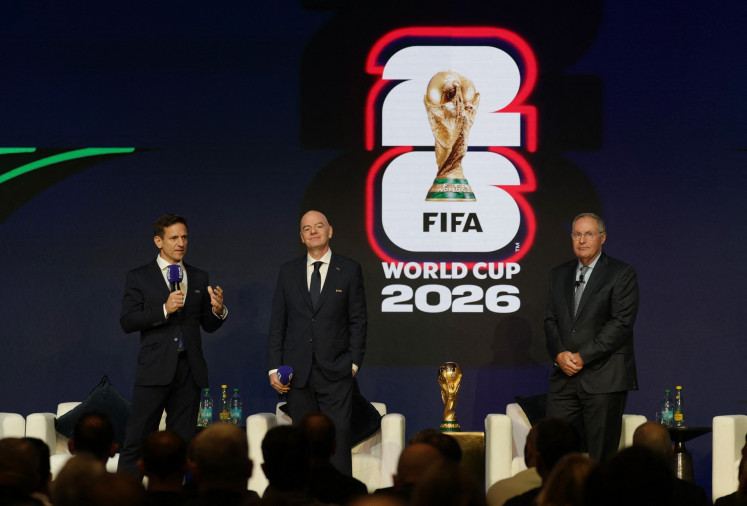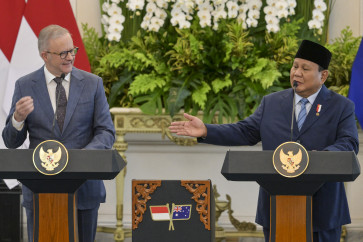Popular Reads
Top Results
Can't find what you're looking for?
View all search resultsPopular Reads
Top Results
Can't find what you're looking for?
View all search resultsRethinking Indonesia-Australia economic diplomacy
Many Australian businesses still view Indonesia as "too hard", despite recent reforms offering competitive incentives such as tax holidays, import duty exemptions, and super tax deductions.
Change text size
Gift Premium Articles
to Anyone
E
very time Indonesian officials visit Australia, they tend to offer a familiar pitch: Indonesia is a land of promise, rich in natural resources, home to a vibrant, youthful population and powered by more than 280 million people.
It is a compelling story, and rightly so. But beneath the polished message lies a more practical question: How can Indonesia and Australia turn their shared potential into shared prosperity?
Both nations seek greater prosperity, better jobs and a stable, secure Indo-Pacific. But achieving these goals takes more than shared values, it requires strategic alignment. For Indonesia, that means aligning with Australia’s priorities: regional resilience, rules-based trade and long-term economic reliability. Indonesia fits this vision, but to realize its potential, it must go beyond generalities and deliver clear, consistent and trustworthy policies.
The government of Prime Minister Anthony Alnanese has pledged: “Australia will always stand up for Australian industry and Australian jobs.” But this ambition does not have to come at the expense of regional cooperation. In fact, deeper economic engagement with Southeast Asia offers long-term, mutual benefits.
As Australian Trade Minister Don Farrell noted in his address at the Lowy Institute: “Southeast Asia is central to Australia’s economic future.” But turning that vision into reality requires a shift in how both countries think about trade, investment and partnership in a region that is dynamic, diverse and rapidly evolving.
Indonesia has resources, but so does Australia. For Australian investors, it is not just about what Indonesia has, but how it works. What matters is the operating environment: how policies are implemented, how friction is reduced and how trust is built over time. Despite notable reforms, many Australian firms still perceive Indonesia as complex, inconsistent and weighed down by bureaucracy and corruption.
Discussions with the Indonesia Investment Promotion Centre (IIPC) in Sydney in August highlighted both the progress being made and the persistence of perception gaps. Many Australian businesses still view Indonesia as “too hard”, despite recent reforms offering competitive incentives such as tax holidays, import duty exemptions and super tax deductions. The IIPC, part of the Investment and Downstreaming Ministry, provides free, end-to-end support, from market entry advice to regulatory navigation and local partner matching. Yet it remains underutilized and insufficiently integrated into Australia’s broader trade and investment strategy.



















